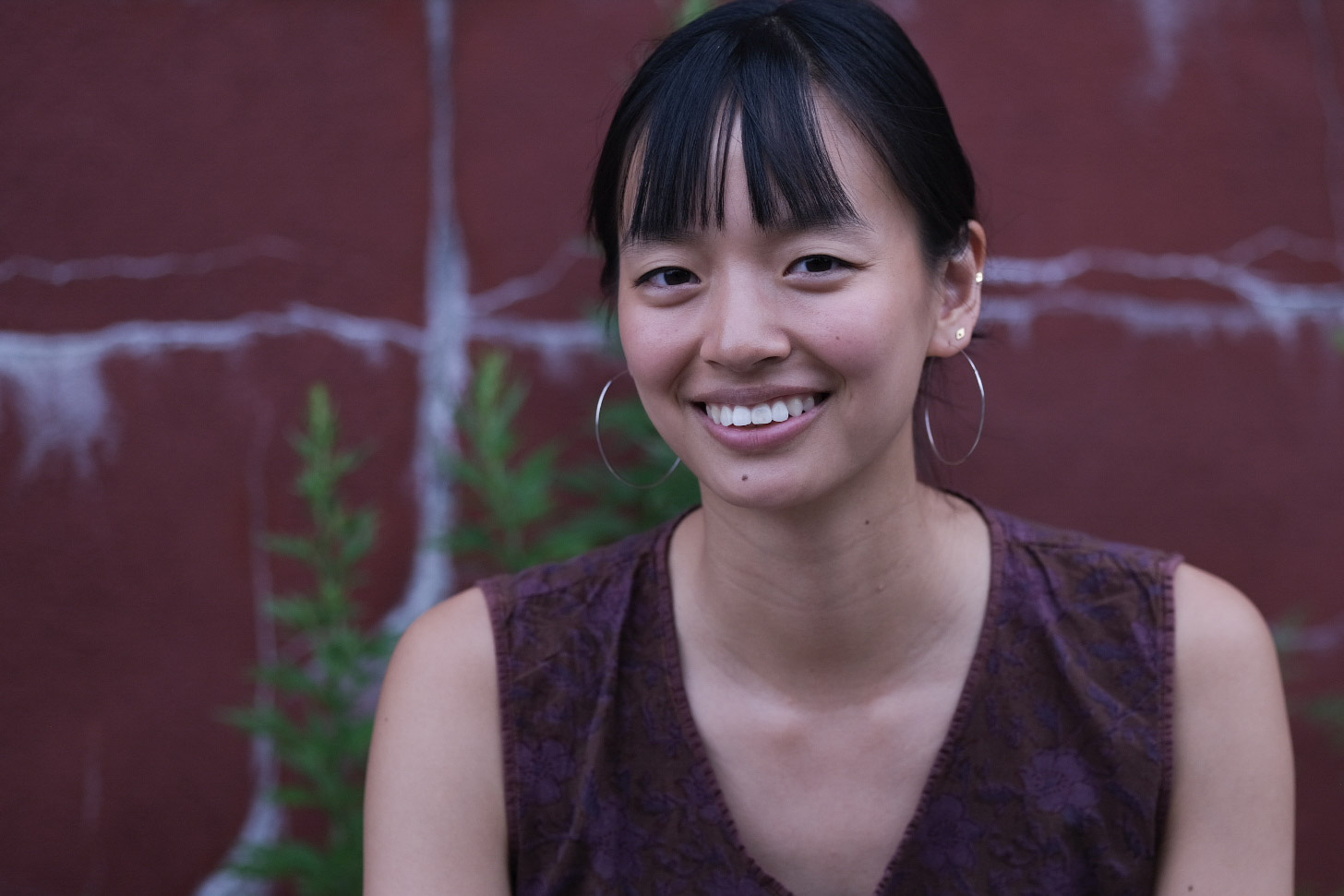Meet Teaching Artist Emily Lee Luan


Emily Lee Luan is a Taiwanese American poet and essayist. She is the author of I Watch the Boughs (2021), selected by Gabrielle Calvocoressi for a Poetry Society of America Chapbook Fellowship. A 2020 Margins Fellow at the Asian American Writers’ Workshop, her work has appeared or is forthcoming in Best American Poetry (2021), Best New Poets (2019), the Offing, the Adroit Journal, and elsewhere. She holds an MFA in poetry from Rutgers University-Newark.
To see Emily's current class list, visit her artist bio page.
***
When did you start teaching? What path—career or otherwise—brought you here?
I began teaching in 2017, when I started my MFA at Rutgers University–Newark. The privilege of getting to talk craft and creative process with brilliant students kept me there after I graduated.
How would you describe your teaching style?
My classes are very grounded and structured—a container to hold the more abstract, overgrown parts of a conversation. I also make a lot of space for generative exercises to help free my students of self-judgment and to get them to see *how* a craft concept moves on the page.
In terms of pedagogy, I am guided by two principles: 1) no knowledge should ever be assumed; no question is unanswerable, and 2) as a teacher, I can guide toward new knowledge, but I myself do not hold the ultimate answers!
Above all, I am animated by the possibilities of poetry. My favorite moment in a class is when we come to a reading of a poem I've never considered before, even if I've taught / read it countless times. That a poem can reveal itself endlessly—it takes the top of my head off just thinking about it now.
When it comes to imagining and creating classes, where do your ideas come from? What in particular inspires you?
I create classes from a place of inquiry. There's energy and friction in topics that excite or confuse, so I like to bring questions I'm working through or returning to—whether it's about craft, process, or a specific poet or poem—to the foundation of a class. Often, these questions boil down to: What poetic language(s) do we each speak? What is the responsibility of a poem?
I also love creating free write prompts and exercises! Figuring out how to make poetic techniques tangible to a poet at any phase of their journey feels like a creative practice in and of itself.
What's the ideal environment for your classroom? What atmosphere are you hoping to establish?
I love a classroom that is engaged and balanced; hearing from everyone in their own ways of participation (sharing, discussing, typing in the chat, supporting other peoples' ideas, allowing others a chance to speak); a space where we can allow for play and risk in our language. One way I work to create a grounded environment: defining the poetic terms we'll be working with, together, so that we can share a common language.
Regardless of what your class is specifically focusing on, what's the main goal you have for your students?
That you'll have a framework to generate new work, again and again, and that you'll leave with a poem brewing in your mind.
What are goals you have for yourself? These could be teaching goals, writing goals, career goals, community goals, etc.
In every class I teach, I strive to reframe poetry in its global and historical contexts. In my own writing, I'm still working toward understanding how the various Englishes I speak and the western and Chinese poetic forms I've inherited intertwine to form their own forms and traditions.
What have been some of your own favorite educational experiences?
I took a class on poets of color and the avant-garde with Cathy Park Hong while I was in my MFA. We read difficult texts and asked each other Hard Questions about politics, power, race, and poetry. It helped me to appreciate how deep a conversation can go with the right texts and an open classroom environment, and how necessary it is to bring these challenging conversations back to our own art.
To you personally, what is the most important part of the literary arts?
Talking about poetry until the bar closes, then writing the first lines of a poem in your head on the train ride home.
